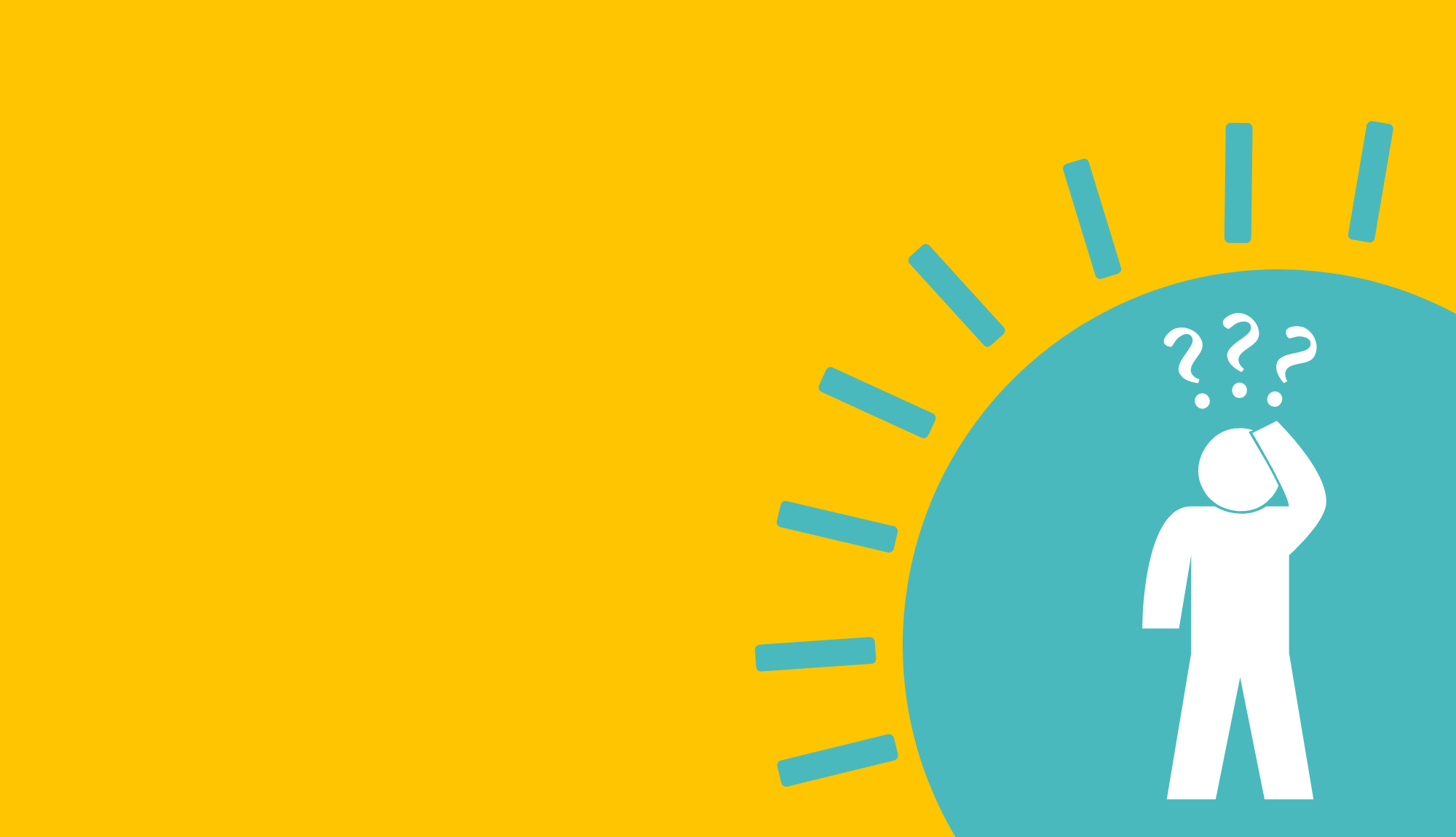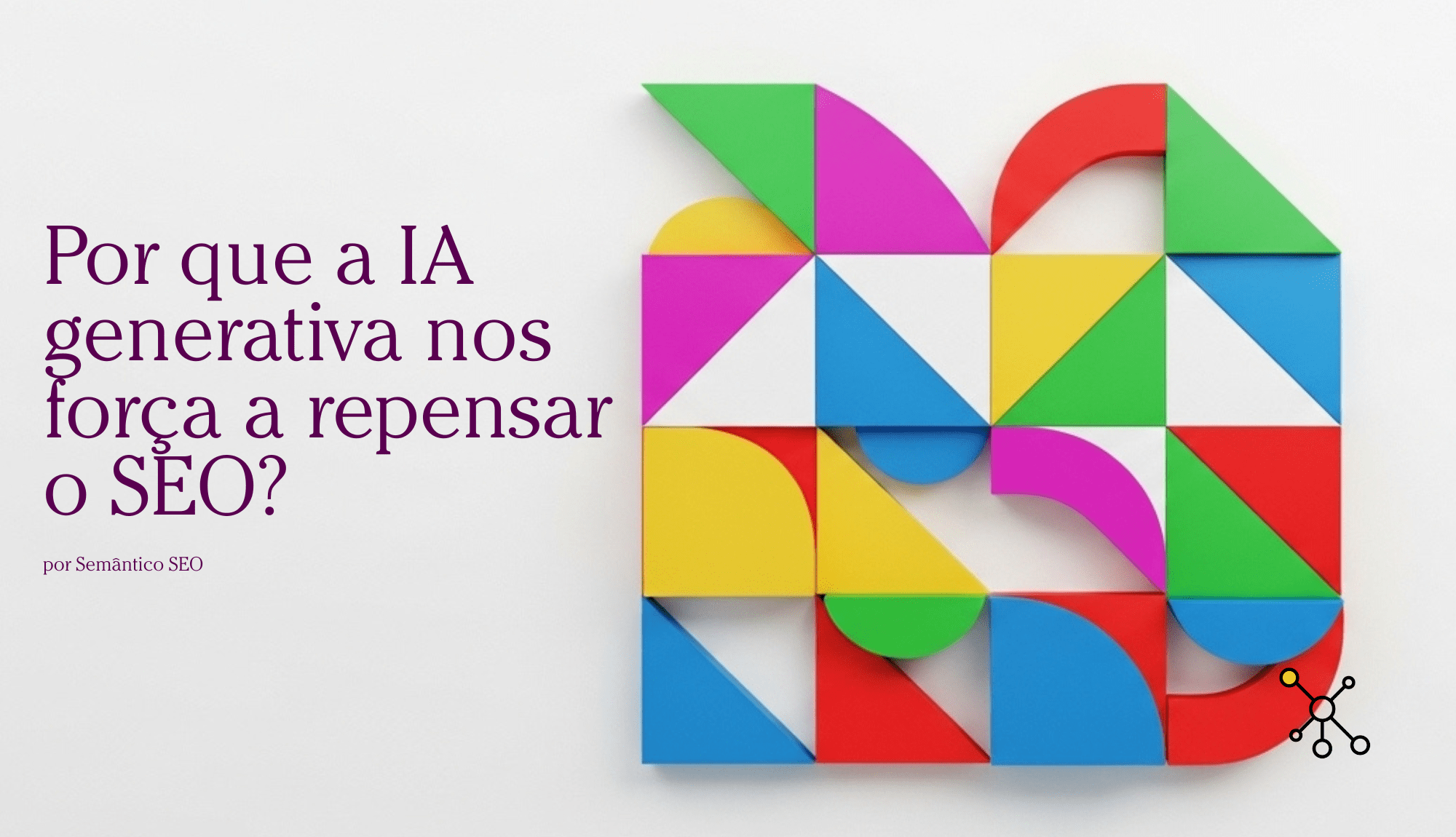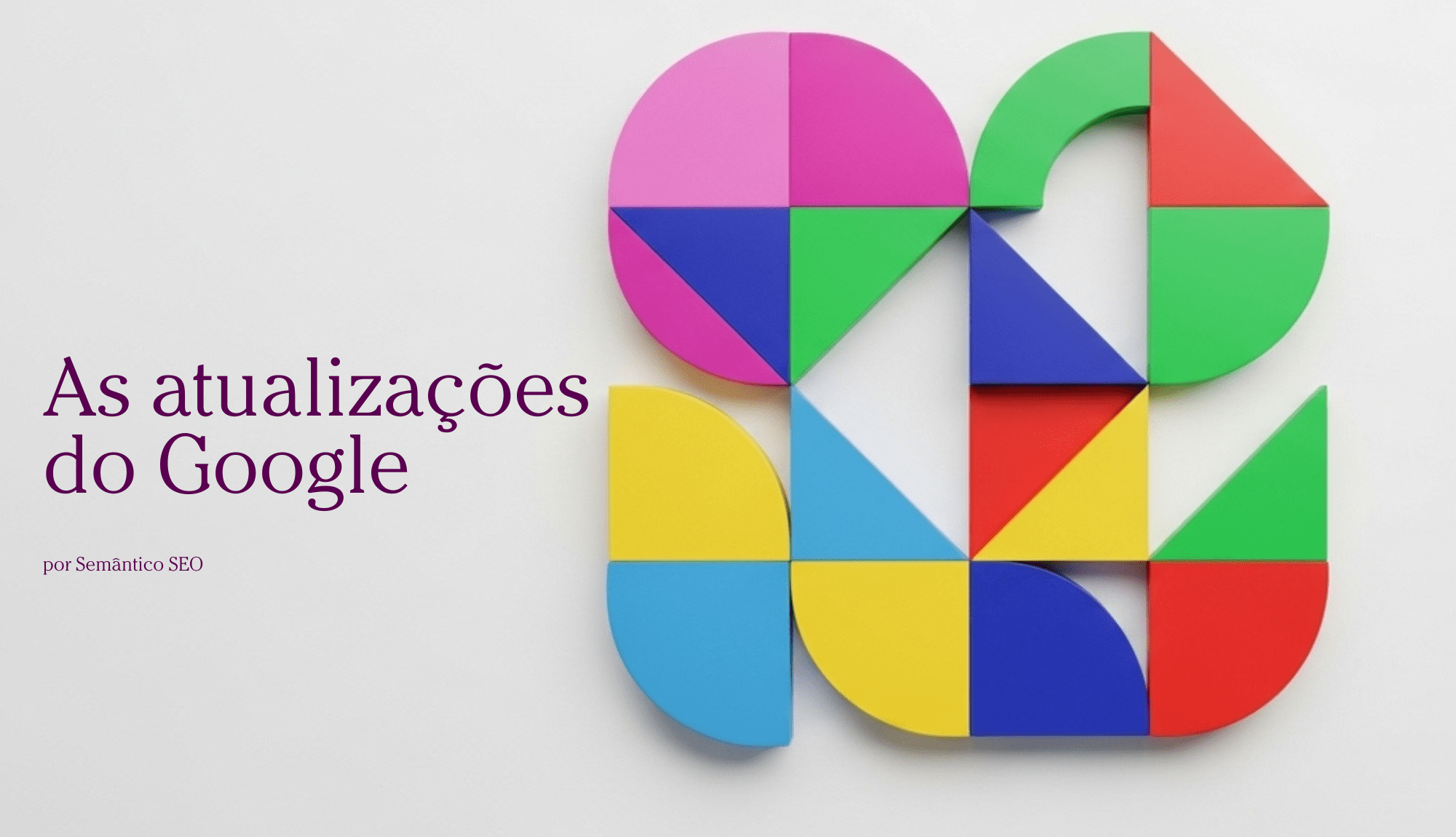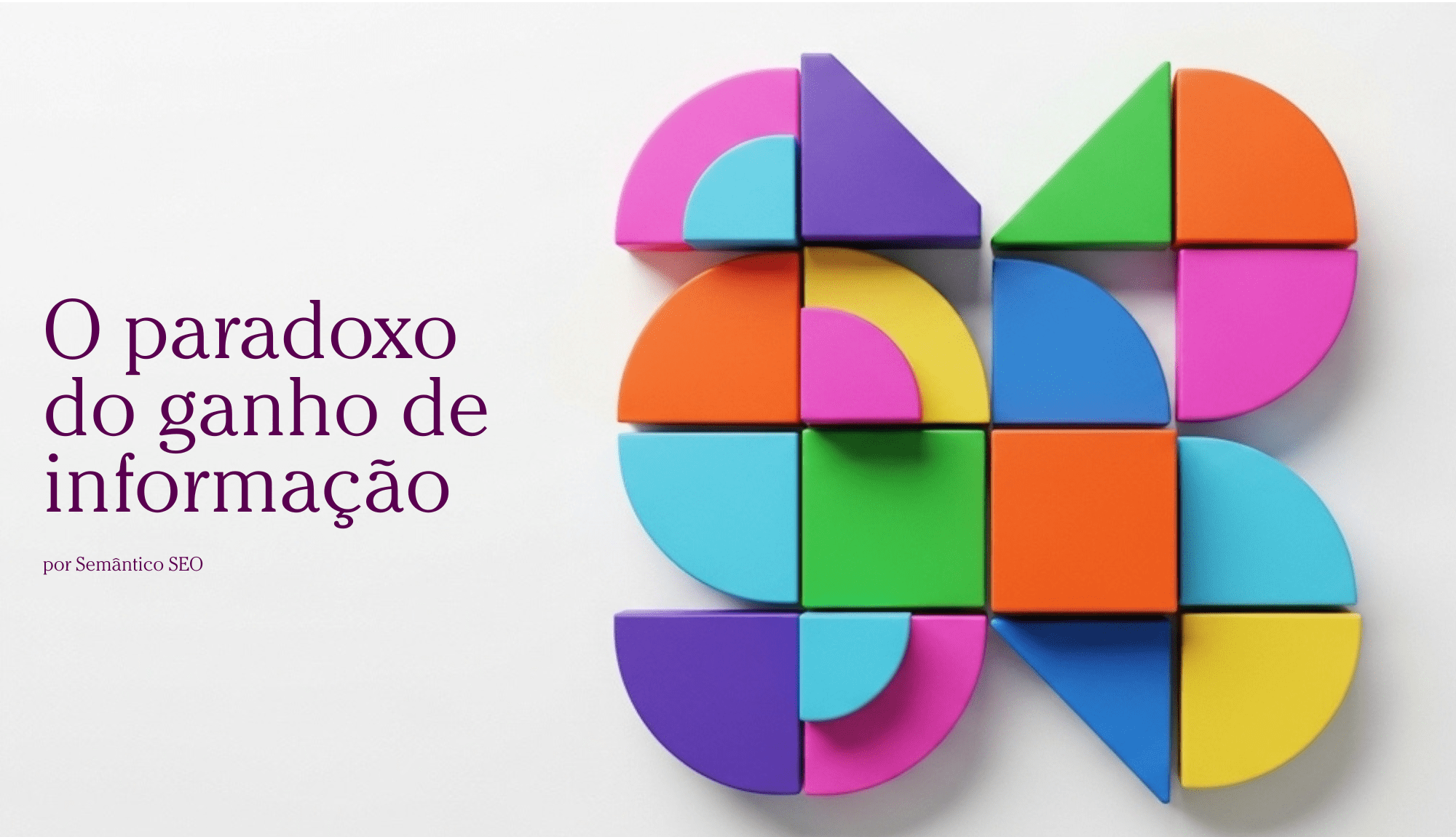O que é SEO em marketing digital?
Essa é uma das perguntas que me fazem um dia desses: O que é SEO em marketing digital? Como a otimização se encaixa no marketing como um todo? Eu fiz mais algumas pesquisas e resolvi agrupar outras dúvidas.
O que é a técnica do SEO?
O SEO é mais que uma técnica, é um pensamento estratégico, mas existe a técnica do SEO.
Uma técnica pode ser entendida como um conjunto de procedimentos ligados a uma arte ou ciência; uma maneira de tratar detalhes técnicos, a destreza, habilidade especial para tratar esses detalhes.
Ou seja, o Analista SEO tem uma maneira de otimizar projetos digitais e essa técnica passa por:
Aspectos técnicos
Análise criteriosa dos projetos, do domínio de ferramentas, dos conhecimentos relacionados a questões tecnológicas desses projetos (linguagens de programação, otimização de servidores e tecnologias usadas), questões relacionadas a algoritmos usados pelos buscadores, entre outros aspectos explicitamente técnicos.
Aspectos estratégicos
Como já disse aqui no site, o SEO é uma visão estratégica que precisa estar alinhada com os objetivos do negócio.
Por isso, o SEO tem aspectos estratégicos que vão estar sempre conectados aos objetivos gerais do negócio, do Marketing como um todo e com o Marketing Digital em específico.
Aspectos semânticos
Um dos aspectos mais ignorados e mal conhecidos do trabalho de qualquer profissional de SEO é o Semântico.
A Semântica tem alguns aspectos, uma deles vem da Filosofia e está relacionada a significação e relação entre os signos e seus referentes, na relação com o SEO podemos chamá-la de ciência que estuda a evolução do significado das palavras e de outros símbolos que servem à comunicação humana.
Então, todos os dados (e suas relações), os conteúdos, principalmente os em texto, a arquitetura da informação e estrutura de urls tem uma semântica relacionada ao domínio semântico do negócio proprietário do projeto.
Aspectos práticos
Os aspectos práticos do trabalho de um analista, consultor, gestor ou especialista em SEO depende do seu papel.
Um analista geralmente navega por muitas áreas: análise técnica, relatórios, ajustes em sites, criação ou ajustes em títulos, descrições, além de desenvolver algumas estratégias.
O que é SERP?
SERP significa Search Engine Results Page, ou em bom português, Página de Resultados de um Mecanismos de Buscas.
Uma SERP é a página que os buscadores geram quando uma pessoa faz uma pergunta.
Qual a função de um SEO?
Um profissional de SEO tem diversas funções como falei acima, mas podemos resumir em uma só frase todas elas: fazer um projeto online ser indexado, categorizado e entendido pelos buscadores.
Gosto de dizer que a função do SEO é fazer com que os buscadores amem o seu projeto.
O que é SEO score?
Com a ajuda do algoritmo do Google, a pontuação de SEO ajuda no trabalho de otimização, principalmente no entendimento da qualidade de páginas, artigos e outros aspectos.
Alguns profissionais vão lhe dizer que o SEO score é a maneira como o Google faz para qualificar um site saber qual mostra antes dos outros, em uma determinada SERP, mas isso é uma redução didática, porque o Google usa algoritmos altamente sofisticados para classificar esses sites.
Sabemos que são cerca de 200 fatores de classificação, que são usados, em milissegundos, para cada pesquisa feita. Quais são, como são usados e se são atualizados ou não, muitos tentam descobrir, mas só arranhamos a superfície desse conhecimento.
Como avaliar o SEO de um site?
Existem ferramentas que nos ajudam muito, na avaliação quase automática da qualidade do SEO de um site.
Ferramentas como Semrush e Ahrefs podem monitorar todas as mudanças nas SERPs e termos que queremos que nosso site ranqueie, facilitando muito o trabalho de avaliação de um site.
Como analisar o SEO de um site?
Alguns critérios como velocidade, qualidade do código, semântica de conteúdo e estrutura do site são itens a serem avaliados.
Você pode usar as mesmas ferramentas (e outras) que citei para fazer uma análise de um site. Mas dependendo da sua experiência com o SEO é possível só saber a condição de um site olhando o seu código, quão rápido ele carrega e sua situação em algumas SERPs.
O que é marketing de conteúdo?
O marketing de conteúdo é uma estratégia de marketing que usa a criação e distribuição de conteúdo de qualidade em forma de e-books, artigos, calculadoras, ferramentas e etc.
A criação de conteúdo não visa promover produtos ou serviços de forma explícita como faz o Marketing tradicional. Através desta técnica um negócio deve ajudar o público-alvo a resolver seus problemas, se tornando uma autoridade e educar esse público sobre suas soluções (produtos e serviços).
O que é Lead em marketing digital?
Um lead pode ser traduzido como contato. Um lead é gerado quando um visitante preenche algum cadastro e deixa os dados de contato para ser procurado mais tarde. Os dados podem ser de vários tipos, mas os mais comuns são o e-mail e telefone.
A estratégia de captação de leads é muito usada pelo Inbound Marketing, que pode (e deve) trabalhar junto com o SEO, que pode gerar tráfego de qualidade ao site, facilitando a captação de leads de boa qualidade.
Como funciona o lead?
Como disse acima, um lead é um contato. Depois que uma empresa transforma um visitante em um contato, geralmente através da troca dos dados do visitante por conteúdos de qualidade e grande utilidade para o visitante, a empresa começa um fluxo de relacionamento.
Qual é a definição de lead nurturing?
Lead nurturing, ou nutrição de leads, é a técnica utilizada pelo Inbound Marketing para alimentar com informações o contato, acerca de seus serviços ou produtos.
Isso acontece através do envio de uma série de mensagens (que podem ser feitas por e-mail, mensagens por celular ou aplicativos e redes sociais), no intuito de informar seu lead.
Como fazer um lead?
Criando conteúdo de qualidade. Essa é a melhor maneira.
Também chamado de conteúdo rico, essa estratégia usa a criação de todos os tipos de conteúdos (eBooks, guias, tutoriais, programas, treinamentos, webinários, etc) para oferecer aos visitantes, em troca de seus dados de contato.




